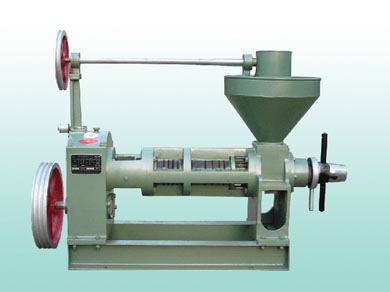Benefits of rapeseed oil – good source of vitamin E.
Rapeseed oil is widely used around the world. It’s famous for its affordability and versatility as a cooking oil and is commonly found in salad dressings, fried foods, and baked goods. Here’s everything you need to know about this versatile and affordable cooking oil.

Benefits of rapeseed oil
1. From the nutritional value aspects, the digestive rate of human body to the rapeseed oil can be up to 99% and helpful for hepatobiliary function. Rapeseed oil could also be digested completely when the hepar is in pathological conditions.
2. Rapeseed oil contains the lowest saturated fat content of any oil – less than half that of Olive Oil.
3. The Omega 3 rapeseed oil contains is 10 times more than Olive Oil.
4. It is a good source of Vitamin E.
5. Rapeseed oil is rich in monounsaturated fats.
6.No artificial preservatives, trans-fat or GM is contained in rapeseed oil.
7. It is suitable for a variety of diets – vegetarian, gluten-free, Kosher and Halal.
8. It is safe to cook at high temperatures with a burning point of 230°C, which is much higher than Olive Oil.
How it’s made
Rapeseed oil is made by both small and large-scale producers and comes in two forms: artisan cold-pressed and refined. Cold-pressing simply involves using a oil press to squeeze the oil out of the seeds, retaining all its natural flavour, before being simply filtered and bottled. Refined oil on the other hand, is extracted from the seeds under high temperatures. Oil content in the rapeseed can be up to 33- 40%, generally, abnormal phenomenon would not appear in hot pressing when operating according to the instruction book. While in cold pressing, improper operation, moisture or temperature of machine body of rapeseed oil press would lead to the slag leakage, oil return or unsmooth feeding. Please consult our company if there is any problem like that.
Canola oil vs Rapeseed Oil: What’s the Difference?
Canola oil and rapeseed oil are both derived from the seeds of the rapeseed plant, but they have some significant differences.
The rapeseed plant produces three different types of oil: high-erucic acid rapeseed oil (HEAR), low-erucic acid rapeseed oil (LEAR), and canola oil. HEAR is no longer used for human consumption due to its high levels of erucic acid, which is a type of monounsaturated fatty acid that has been linked to heart disease. LEAR has a lower erucic acid content and is used in some food products, but canola oil is the most commonly consumed.
The main difference between canola oil and rapeseed oil is their fatty acid profiles. Canola oil has a lower level of erucic acid and a higher level of oleic acid, which is a type of monounsaturated fatty acid that has been linked to numerous health benefits. Rapeseed oil, on the other hand, has a higher level of erucic acid and a lower level of oleic acid.
In terms of flavor and aroma, canola oil has a mild, neutral taste and aroma, while rapeseed oil has a stronger, nutty flavor and aroma. Canola oil also has a higher smoke point than rapeseed oil, which makes it better suited for high-heat cooking methods like frying and roasting.
In conclusion, while canola oil and rapeseed oil are derived from the same plant, they have different fatty acid profiles, flavors, and smoke points. Canola oil is the most commonly consumed and is generally considered to be a healthier option due to its lower erucic acid content and higher levels of oleic acid.



